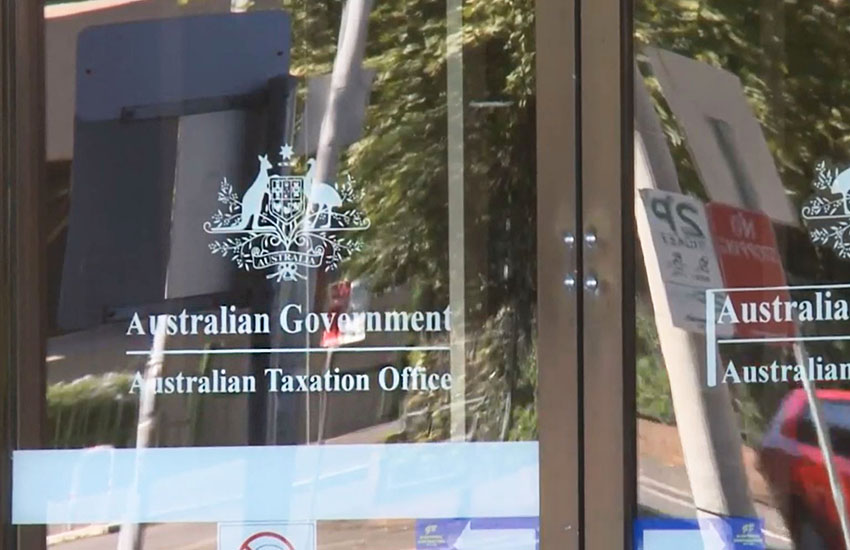Taxable payments annual reports (TPAR) are due on 28 August, with businesses providing road freight services, information technology services, and security, investigation or surveillance services set to lodge their first report this year.
You’re out of free articles for this month
It is understood that the Tax Office has now contacted agents with lists of clients who have TPAR obligations, but CPA Australia tax policy adviser Elinor Kasapidis said members have now reported gaps in the ATO’s lists.
“Tax agents receiving the TPAR lists from the ATO should be aware that they are not definitive,” Ms Kasapidis told Accountants Daily.
“While the ATO is trying to assist tax agents, they may not hold sufficient up-to-date information to correctly identify all entities with a TPAR obligation. Our members have reported that, in many instances, manual checks of their client lists have identified additional clients with TPAR obligations.”
Ms Kasapidis said that while the quality of the lists was questionable, the self-assessment regime means the onus is ultimately on businesses and tax agents to ensure that reports are lodged.
“On-time lodgement is important as TPAR information is used to pre-fill contractor tax returns, so the ATO continues to update and refine its taxable payments reporting system data,” she said.
“Businesses operating in TPAR-affected industries need to be made aware of their reporting obligations and that it can’t wait until their tax return is due.
“Tax agents can help by updating Australian Business Register and ATO account details with the correct ANZSIC codes and to ensure that clients with an obligation report correctly and on time.”
The ATO has attributed TPAR with allowing it to identify dodgy contractors, including those who fail to report income, fail to lodge tax returns or activity statements, fail to register for GST, or use false ABNs.
It believes the measure had prevented $2.7 billion from being lost to the black economy in the 2015–16 year after it was first rolled out to the building and construction industry.
The courier and cleaning industries were required to lodge for the first time last year, with the road freight, security, investigation, surveillance and IT industries now included.
Jotham Lian
AUTHOR
Jotham Lian is the editor of Accountants Daily, the leading source of breaking news, analysis and insight for Australian accounting professionals.
Before joining the team in 2017, Jotham wrote for a range of national mastheads including the Sydney Morning Herald, and Channel NewsAsia.
You can email Jotham at: This email address is being protected from spambots. You need JavaScript enabled to view it.

 Login
Login







